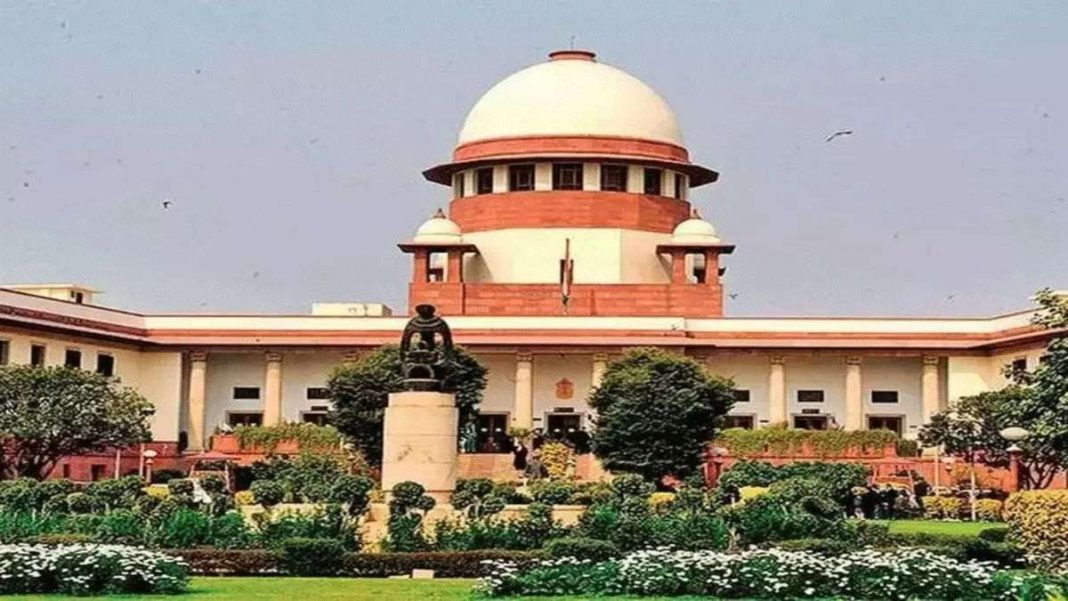The Supreme Court is poised to examine a crucial Public Interest Litigation (PIL) challenging the practice of political parties offering freebies during election campaigns ahead of the highly anticipated Lok Sabha elections in April 2024.
The PIL contends that the prevalent practice of doling out irrational freebies from public funds before elections not only undermines democratic principles but also tilts the electoral playing field. It asserts that such inducements unfairly sway voters and compromise the sanctity of the electoral process, violating constitutional tenets.
Senior advocate Vijay Hansaria, representing petitioner Ashwini Upadhyay, stressed the urgency of addressing the matter before the onset of Lok Sabha polls during the hearing on Wednesday. The bench, comprising Chief Justice of India DY Chandrachud and Justices JB Pardiwala and Manoj Misra, acknowledged the significance of the issue and scheduled it for deliberation on Thursday.
The PIL advocates for a blanket ban on promising or distributing freebies using public funds, cautioning against the misuse of taxpayer money for electoral gains. It calls upon the Election Commission of India to adopt stringent measures to curb such practices and maintain the integrity of the electoral process.
Additionally, the petition proposes amendments to electoral regulations, suggesting that provisions in the Election Symbols (Reservation and Allotment) Order 1968 be included to prohibit political parties from making pre-election promises of freebies. These proposed measures aim to uphold democratic values and prevent the exploitation of public resources for partisan ends.
As India braces for the 18th Lok Sabha elections, slated to commence on April 19 and conclude on June 1, the Supreme Court’s deliberations on the PIL assume paramount importance. With the counting of votes scheduled for June 4, the outcome of this hearing holds implications for the fairness and transparency of the electoral process amidst growing concerns over the influence of populist measures on voter behaviour.
Read | Trinamool Congress Leader Mahua Moitra Expelled From Lok Sabha Amid Bribery Allegations


